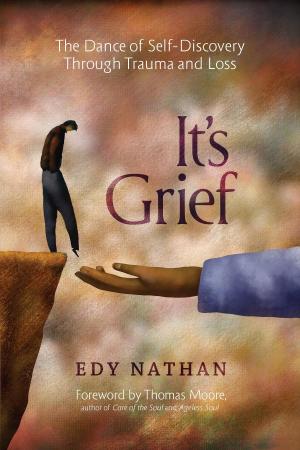Perfect Endings
A Conscious Approach to Dying and Death
Nonfiction, Health & Well Being, Self Help, Mental Health, Death, Grief, Bereavement| Author: | Robert Sachs | ISBN: | 9781594776731 |
| Publisher: | Inner Traditions/Bear & Company | Publication: | April 1, 1998 |
| Imprint: | Healing Arts | Language: | English |
| Author: | Robert Sachs |
| ISBN: | 9781594776731 |
| Publisher: | Inner Traditions/Bear & Company |
| Publication: | April 1, 1998 |
| Imprint: | Healing Arts |
| Language: | English |
Written with lucidity and compassionate understanding, Perfect Endings shows how the death experience is an expansion into a wider dimension of our core being. As we move through our dying process, all the strength and wisdom we have gained in a lifetime is called forth. This is a time of quickening in which the final stages of living work themselves out as we step into our death and what lies beyond. No matter how it appears, it is, in fact, our finest hour--our perfect ending. Robert Sachs explains how he uses the Tibetan practice of phowa, or conscious dying, to aid this process in his own counseling practice.
Written as a series of stories that allow us to be privy to the inner workings of the dying process of individuals with whom Sachs worked as a professional hospice counselor, each case illustrates a particular aspect of the transformative process that led each person to his or her own interior landscape. Journeying in tandem with these souls, Sachs presents different solutions to the task of letting go of life and provides valuable guidance for caregivers, family members, and those who are facing death themselves.
Written with lucidity and compassionate understanding, Perfect Endings shows how the death experience is an expansion into a wider dimension of our core being. As we move through our dying process, all the strength and wisdom we have gained in a lifetime is called forth. This is a time of quickening in which the final stages of living work themselves out as we step into our death and what lies beyond. No matter how it appears, it is, in fact, our finest hour--our perfect ending. Robert Sachs explains how he uses the Tibetan practice of phowa, or conscious dying, to aid this process in his own counseling practice.
Written as a series of stories that allow us to be privy to the inner workings of the dying process of individuals with whom Sachs worked as a professional hospice counselor, each case illustrates a particular aspect of the transformative process that led each person to his or her own interior landscape. Journeying in tandem with these souls, Sachs presents different solutions to the task of letting go of life and provides valuable guidance for caregivers, family members, and those who are facing death themselves.















